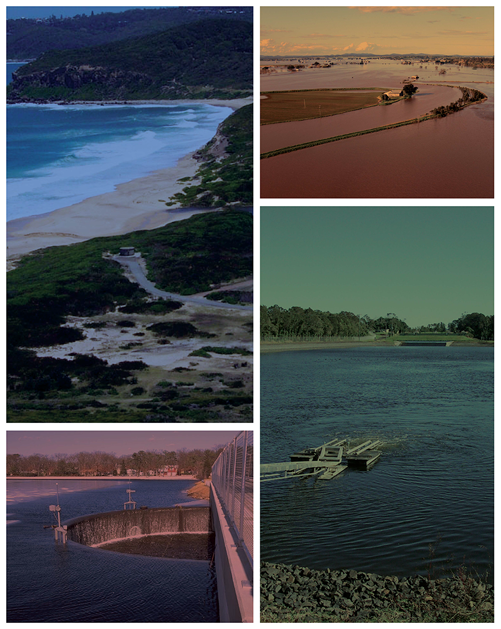Registrations are filling fast and time is running out for the remaining places at the Hydraulics and Water Engineering Conference 2017 – 13th to 16th November, Dockside, Sydney. Our programme at a glance includes highlights such as:
- Nearly 50 peer reviewed papers on all aspects of hydraulic theory and application. Check out the full list of papers online.
- Practitioner facilitated workshop on the pros and cons of direct rainfall on grid.
- Professor Ron Cox of the Water Research Laboratory, UNSW to give the Henderson Oration
- Full Day Hydraulic Modelling workshop or alternate visit to WRL and MHL at Manly Vale.
The full programme is available online.
Hydraulic Workshop
The day starts with a Q&A session featuring prominent hydraulic modellers discuss the latest techniques and the future direct of 2D modelling. They will discuss cloud storage, GPU cards, calibration techniques, CFD and much more. Mark Forest, Practice Leader – Floodplain Management and Surface Water Modelling, HDR Engineering, Reno Nevada, USA, talk on the developments and evolution of HEC-RAS. Hear and question Software developers and vendors on the latest developments and innovations. So far TUFLOW, DHI, 12d, Innovyze, HEC 2D and Waterride are confirmed to be present. See the latest on Monte Carlo hydraulic modelling with direct examples of these techniques (including the Brisbane River flood study) in practice from front line engineers.
Registration Fees Will Rise on the 6th of November
Standard registration closes on 6th November and late fees will apply after that time. Register now to lock in the standard rate.


